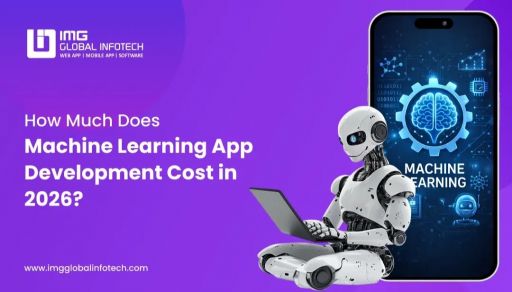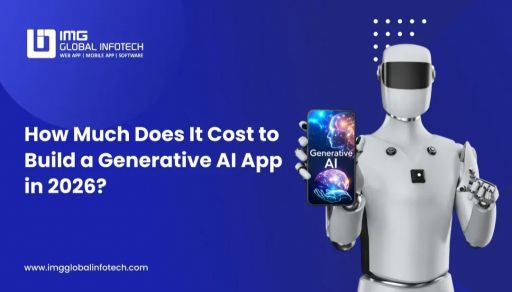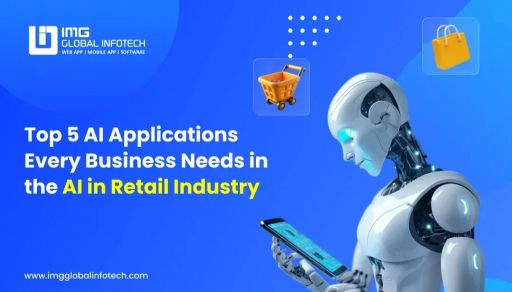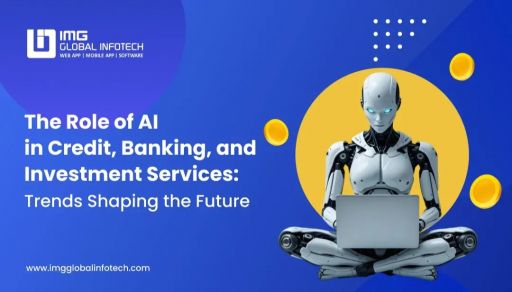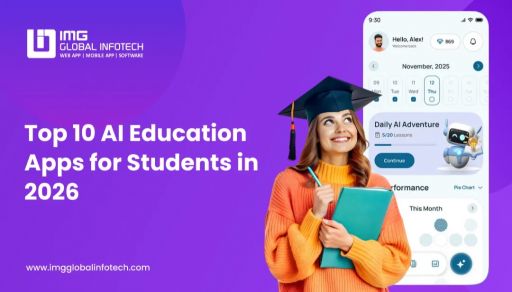The Role Of Generative AI In Revolutionizing Healthcare
Lokesh Saini
Sep 05, 2025
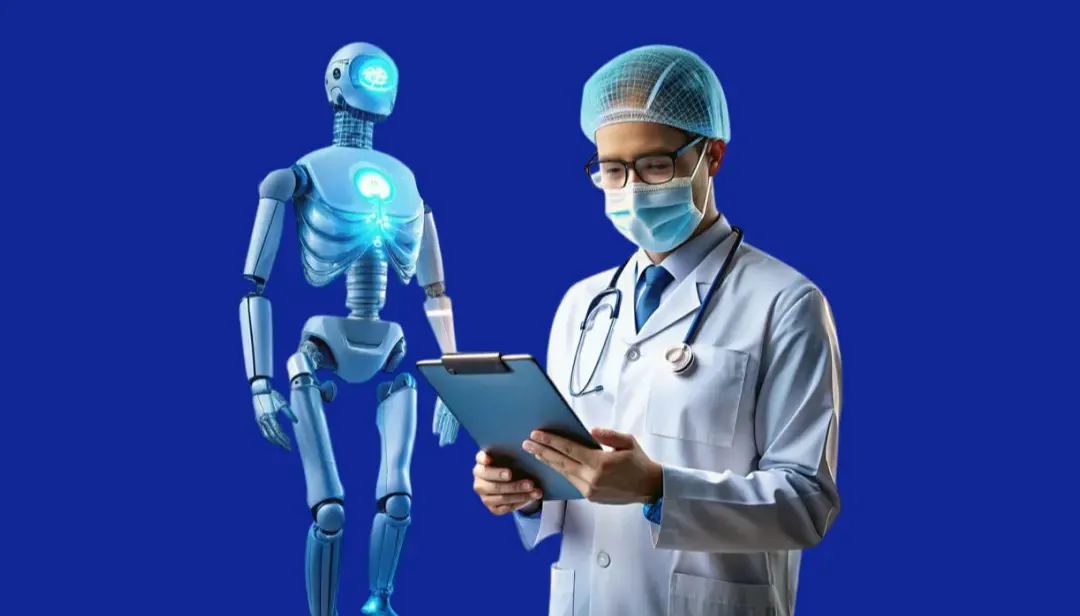
The healthcare sector is experiencing a rapid digital revolution than ever before—and in the center of this shift is generative AI. Unlike classic AI models, which exist to analyze the past, generative AI is creating the future in the form of new artificial datasets, new drug designs and new predictions of valid treatment plans. This ultimate personal assistant is helping healthcare employees diagnose illnesses more quickly, create personalized therapies, answer questions, and operationalize faster, while focused on improved patient outcomes. As healthcare models contend with increasing costs, shortfalls in workforce supply, and growing demands from consumers, generative AI is providing and creating actionable solutions that balance speed and efficiency with quality. This blog examines the critical role generative AI is playing in the future of healthcare, the leading use cases, benefits, and ethics of generative AI adoption.
Trends of Generative AI in Healthcare
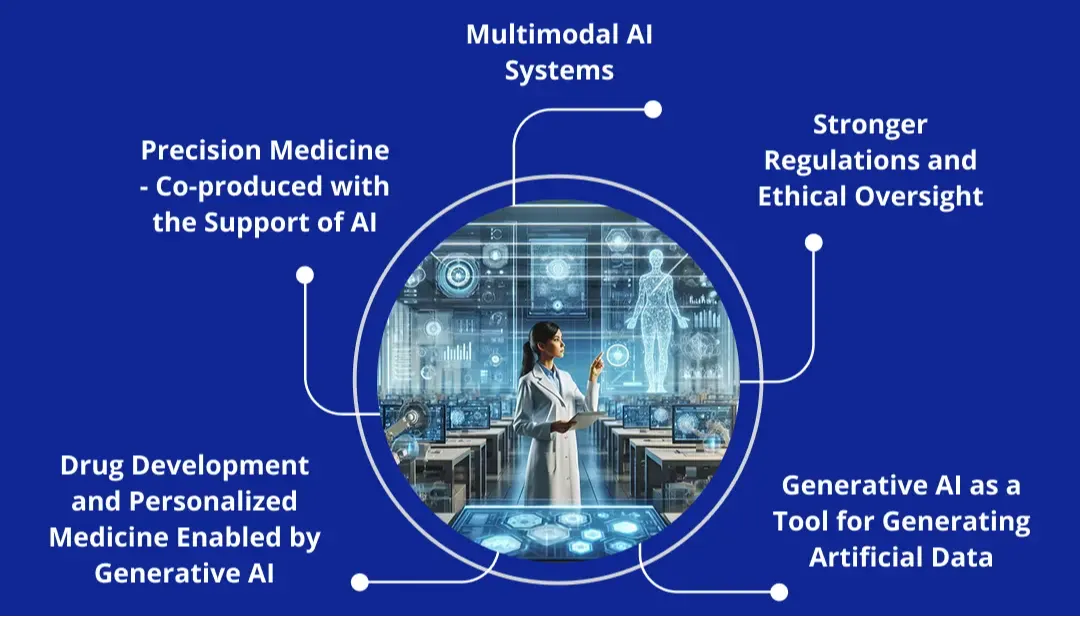
If you want to build a medical scribe then you must know about trends of generative AI in healthcare. So as we discussed, AI in healthcare is demanded in 2026 as we all know now so let's get some amazing trends of generative AI in healthcare.
1. Multimodal AI Systems
In 2026, healthcare is pivoting from low value text-only models to wealthy, multimodal systems capable of analyzing and synthesizing from text, images, genomics, and real-time patient vitals, creating a more integrated model, better diagnostic, clinical decision support, and imaging analysis.
2. Stronger Regulations and Ethical Oversight
Although AI regulations began to develop a foundation in 2024, more codified robust governance will develop in 2026. Important developments include new mandates for transparency, mitigation of bias, and escalating data-security requirements in the health industry particularly in clinical research and drug development—aimed at fostering the ethical use of AI.
3. Generative AI as a Tool for Generating Artificial Data
Growing concern over privacy is driving innovation and interest in artificial data generation. Generative models can create realistic, but anonymized datasets for use in training and research, keeping patient information secret but accelerating medical progress.
4. Drug Development and Personalized Medicine Enabled by Generative AI
Generative AI is changing how pharmaceutical research and development is conducted. Generative AI in the healthcare market enables the creation of entirely new drug compounds, on-demand, through the use of protein structure prediction, molecule generation, and in some cases can reduce development time and improve outcomes for drugs used to treat complex diseases.
5. Precision Medicine - Co-produced with the Support of AI
AI is now foundational in the development of individualized patient treatment plans. By integrating genomic, environmental, and observable behavior data into models, we are able to recommend individualized care plans that improve efficiency in care delivery and increase the accuracy of diagnostics and personalization of therapies.
Top Applications of Generative AI in Healthcare
Generative AI is becoming one of the most significant technologies in the health ecosystem. If generalized AI is designed to give a level of analysis on data, generative AI can take it to another level by offering insights, models, and even artificial datasets to use. Generative AI will find applications not just in diagnostics, but in every area of health, from operational management to wellness programs. Here are the leading use cases of generative ai in healthcare.
1. Medical Imaging and Diagnostics
One of the most promising usages of generative AI is in radiology and diagnostic imaging. AI can produce more enhanced images of conventional MRI, CT, and X-ray scans, enabling the identification of irregularities at an earlier stage of development and lessening error rates in assessing and interpreting images. This results in quicker and more accurate diagnoses of conditions like cancer, diseases of the cardiovascular system, and illnesses of the nervous system.
2. Drug Discovery and Development
Generative AI is transforming drug research, dramatically decreasing the time and cost of development by allowing researchers to accurately simulate structural components of proteins, predicting drug interactions, and designing novelistic molecules. As an AI development company that works on healthcare drug departments identify new compounds more quickly and they successfully move into clinical trials.
3. Personalized and Precision Medicine
This is another application of generative AI in healthcare that plays a central role in shifting healthcare away from undifferentiated, general solutions, to personalized patient-centered solutions. Generative AI systems will produce treatment plans from genomic DNA, lifestyle factors, and other social burden factors and patient centric history in a way that is considerably more effective than simple or generalistic treatments and promotes adherence and long-term effectiveness.
4. Clinical Research and Artificial Data Generation
The absence of data, and privacy restrictions often slow clinical trials and ultimately the pace of medical research. When generative AI creates artificial data it can produce datasets that approximate patient data but do not disclose any identifiable information. These datasets expedite AI training, allow for more possibilities for experimentation, and remain compliant with standards such as HIPAA and GDPR.
5. Virtual Health Assistants and Patient Support
This is the best generative AI in healthcare use cases that enables intelligent chatbots and virtual health assistants to answer patient questions, provide medication reminders, and support patients through the recovery process. These resources not only ease the burden of the healthcare worker, but ensure patients become more engaged and satisfied with the process and can now receive help 24/7.
6. Predictive Analytics for Preventative
Health Generative models can sift through extensive data and predict risk for future patients before their mild and treatable health issue escalates to a heavy health burden. Generative AI in healthcare examples can assess how likely someone is, for example, to develop heart disease or diabetes and allows their doctor to act early rather than later with preventative health solutions.
Benefits of Generative AI in Healthcare
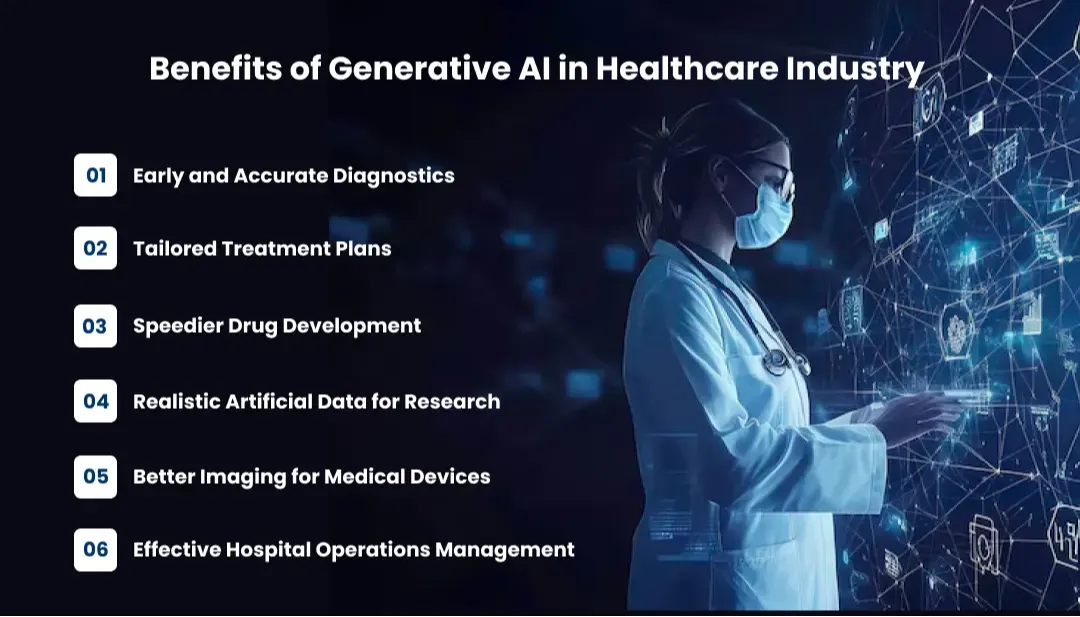
As we have discussed generative ai use cases in healthcare lets go see benefits of generative ai in healthcare . Generative AI is rapidly emerging as a disruptive technology in the healthcare sector. go from simply analyzing data, to provide health care professionals with innovative solutions to diagnose, treat and manage patients more effectively. Here are eight benefits that will define health care in 2026.
1. Early and Accurate Diagnostics
Generative AI improves diagnostic accuracy through interpreting scans, lab results, and patient histories and finds patterns that escape the eye of a physician. This may permit earlier disease discovery and in turn, allow swifter response.
2. Tailored Treatment Plans
Generative AI backed models can create tailored treatment plans based on a patient’s genetics, lifestyle, and past medical history. When treatment plans are personalized to patients and their disease state, recovery rates increase, side effects decrease and overall satisfaction improves.
3. Speedier Drug Development
Drug development is a lengthy process that can take a decade or longer. Generative AI significantly shortens the drug development phase by tackling issues such as simulating protein structures, generating possible compounds, predicting the interaction of drugs on particular genes and proteins and comparing potential drug analogs to reduce the number of compounds researched for drug potential. This shortens the length of research, lowers costs, and adds significant value.
4. Realistic Artificial Data for Research
Generative AI creates artificial datasets that match real patient data, while avoiding the downside of using real patient information and protected health information (PHI). Privacy is a top concern for clinical research. Generative AI allows for accelerated innovation without compromising any privacy surveillance with variations in real world data to drive clinical studies.
5. Better Imaging for Medical Devices
Generative AI improves images taken via CT, MRI and X-ray, yielding clear images and/or images that are easier to analyze. When abnormalities are more easily recognized in imaging, radiologists have significantly more confidence in identifying conditions that can be harmful to patients as early as possible.
6. Effective Hospital Operations Management
Generative ai development is not limited to clinical applications. It is effective in streamlining operations within hospitals by automating non-clinical processes, optimally scheduling patients and predicting patient and healthcare worker flow. Efficiency for all staff increases while also providing more time for patients.
Challenges and Ethical Considerations
While generative AI has much potential to change healthcare, it raises a number of challenges and ethical questions that also need addressing. Generative AI healthcare app development will be used within an industry that manages sensitive patient data, makes consequential decisions about lives, and is governed by regulations. It will not be easy to include the opportunities and use generative AI responsibly so we thought it worth what some of the challenges and ethical considerations are of the use of it.
1. Data Privacy and Security
The data healthcare organizations need to train generative AI models is enormous. There are a myriad of privacy issues before even considering legal issues. Even when anonymized, data can still be subject to re-identification attacks. Data breaches can compromise sensitive medical records, which can lead to ethical and legal violations. Understanding and executing the requisite frameworks for different privacy laws, such as HIPAA or GDPR, is crucial.
2. Bias and Fairness in AI Models
When generative AI models are created, they are often trained using historic data, which can have latent biases on the basis of gender, ethnicity, or socioeconomic status. If organizations do not control for these biases in their AI insights, they may end up perpetuating these biases, and stigmatizing patients from existing access to care, diagnosis, and treatment. Attention to bias, particularly as it pertains to healthcare equity, means organizations need diverse patient datasets during training, and systems in place to alert them to problematic data or issues during the use of such AI models for talking clinical decisions.
3. Lack of Transparency and Explainability
The biggest challenge to using generative AI in healthcare and life sciences is the "black box" dilemma. For both the physician and the patient, it is important for the AI-generated explanation of the process that arrived at a specific decision to be clear, or explainability. It is difficult for clinicians and patients to trust a diagnosis and treatment recommendation relying on AI without some form of explainability. If there is a lack of explainability, accountability becomes an even bigger problem and ethical challenges may arise.
4. Regulatory and Legal Issues
Since both regulatory bodies and legal topics are still working on appropriate guidelines for generative AI in healthcare, it becomes difficult to fully implement generative AI in the healthcare and life sciences. Intellectual property questions, (i.e. who owns an AI designed drug?), liability (i.e. who is accountable for a misdiagnosed pt when the AI was responsible), and compliance regulations are complicated with generative AI. Clear guidelines are needed for balancing innovation and patient safety. Connecting with leading AI software development companies if you want to get success in these challenges.
5. Disrupting Accuracy and Misinformation
Generative AI models may generate new insights into medicine and healthcare, but the models will sometimes create inaccurate, or at best misleading content. If information is contained in the healthcare domain that has risk associated, the consequences could be life threatening. Rigorous validation methods with human oversight will be necessary before AI generated outputs are used in practice.
6. Disruption to the Workforce and Ethical Parameters
Generative AI may provide unprecedented efficiencies, but it may also create questions regarding where professionals fit into diagnosis, development, and administrative roles. Moreover, if generative AI works to replace health care professionals rather than add support, there are ethical concerns with regards to professionals being impartial, empathetic, and accountable for care that is provided to patients.
Conclusion
Generative AI is changing the expectations of healthcare for the future by enhancing creativity, improving patient care and streamlining complex workflows. The use cases range from identifying disease at an early stage to sequencing personalized treatments, and drug discovery. There are no limitations to its potential. However, careful and ethical use, privacy surrounding patient data sharing and transparency will need to be strongly prioritized for generative AI adoption to be done safely. At IMG Global Infotech, we help healthcare organizations learn how to utilize generative AI voice assistants essentially or providing clear and efficient solutions that can be securely scaled, are adaptable and measurable in impact. Let's shape and accelerate our way to a smarter, healthier, and patient-centric future.
-
 Top Truck Booking App Development Company for Logistics Businesses
Top Truck Booking App Development Company for Logistics Businesses
-
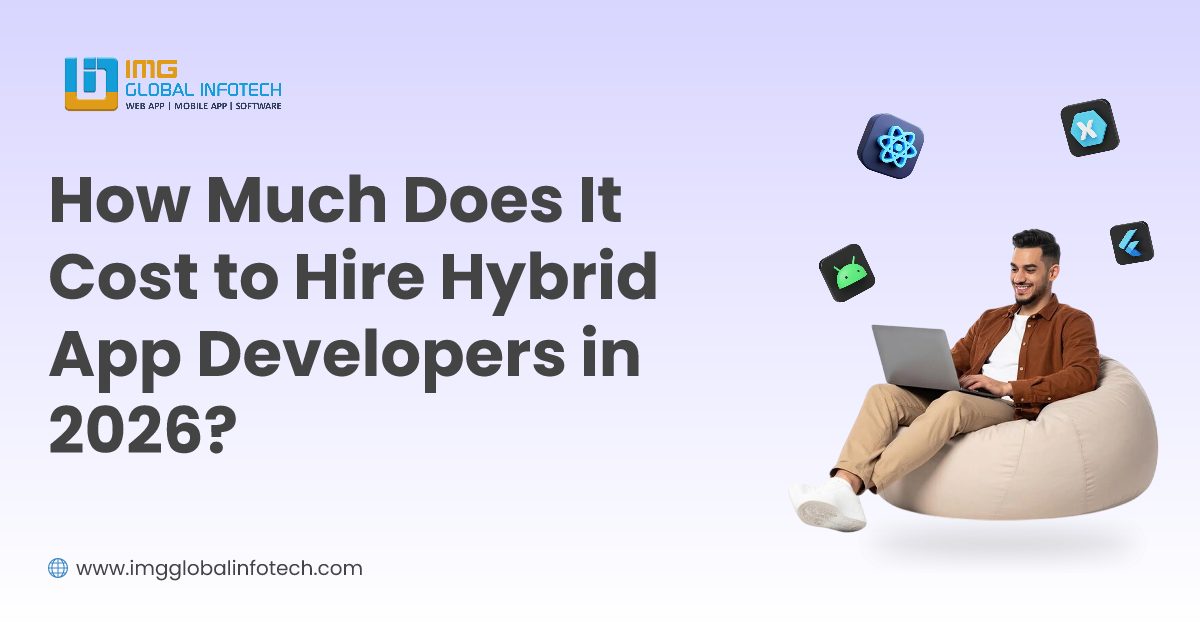 How Much Does It Cost to Hire Hybrid App Developers in 2026?
How Much Does It Cost to Hire Hybrid App Developers in 2026?
-
 How Much Does Truck Booking App Development Cost in 2026?
How Much Does Truck Booking App Development Cost in 2026?
-
 How to Build a Truck Booking App: Step-by-Step Development Guide
How to Build a Truck Booking App: Step-by-Step Development Guide
-
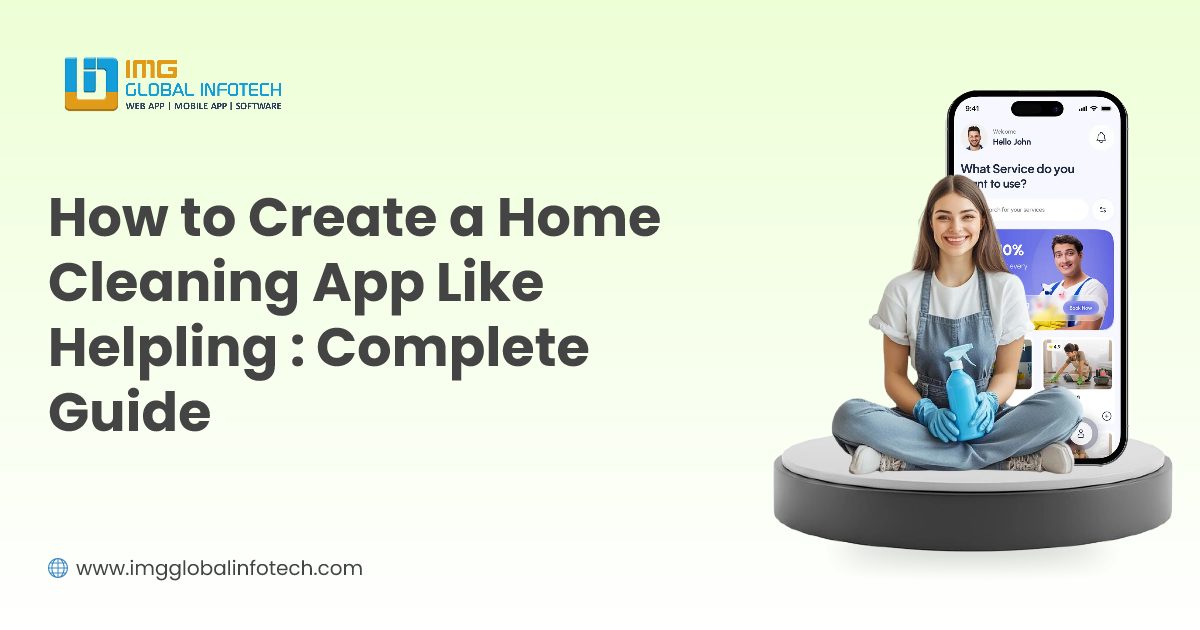 How to Create a Home Cleaning App Like Helpling : Complete Guide
How to Create a Home Cleaning App Like Helpling : Complete Guide
-
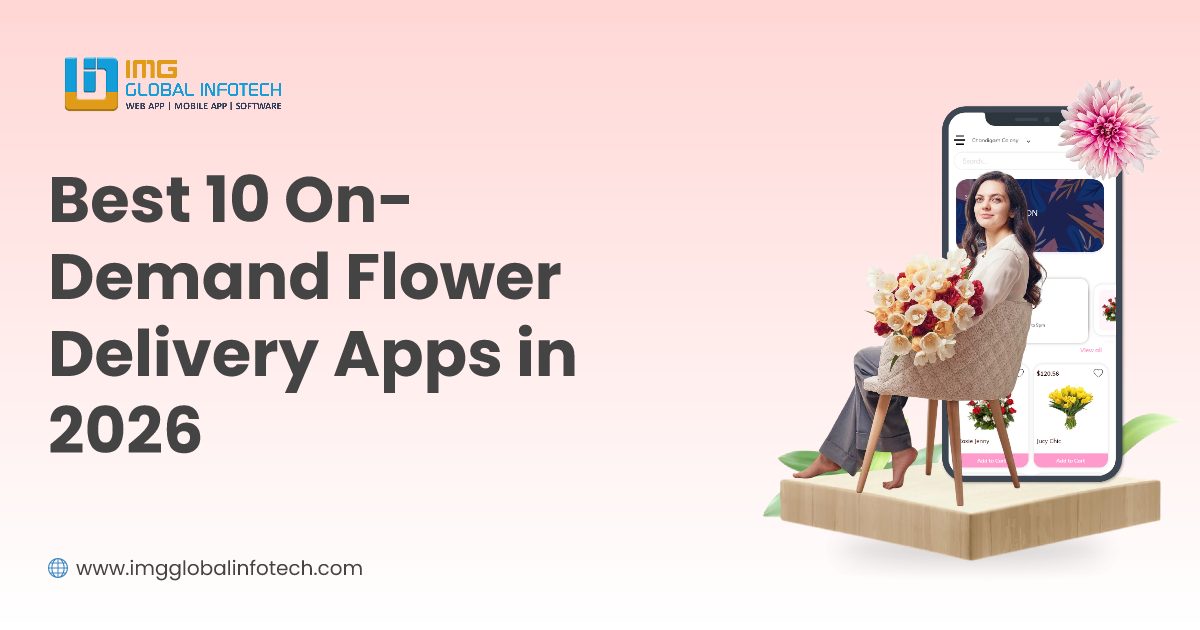 Top 10 Flower Delivery Apps in 2026
Top 10 Flower Delivery Apps in 2026
Lokesh Kumar is the Digital Marketing Manager & SEO Content Strategist at IMG Global Infotech, a top-rated Web & Mobile App Development Company. With extensive experience in digital marketing, SEO, and content strategy, he specializes in boosting online visibility and driving organic growth for startups, SMEs, and global brands. Lokesh is passionate about creating SEO-friendly, user-centric content that not only ranks but also converts. His deep understanding of digital trends and search algorithms helps businesses thrive in a competitive online space.


